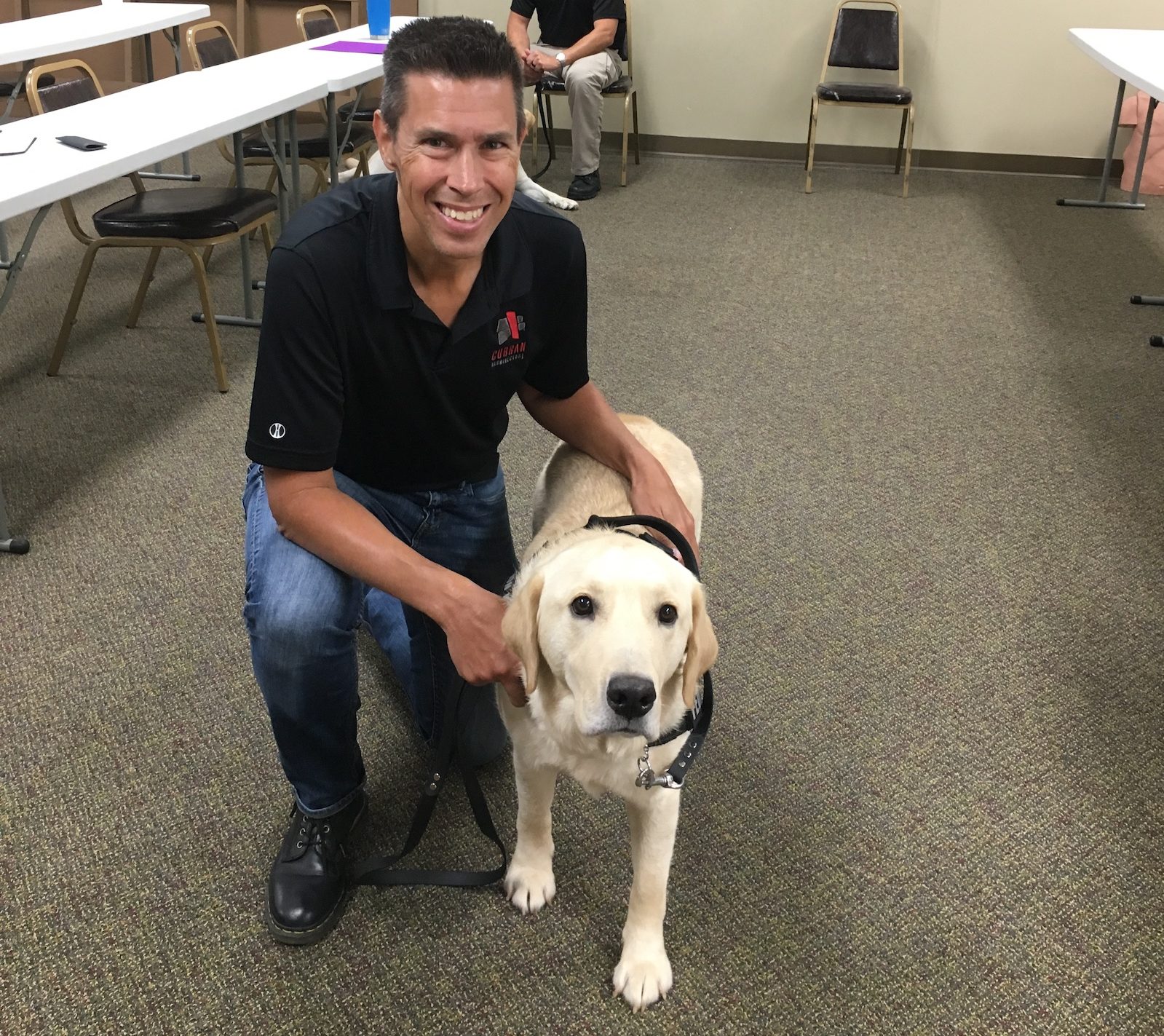

Generally, municipal ordinances that prohibit specific breeds of dogs may not be applied to assistance animals. May charge the tenant for damages caused by the animal in the same way that it would to any other tenant.Īssistance Animals may not be restricted by any housing provider by breed, size, or weight.May not charge extra fees to the resident for keeping the animal.May require medical documentation that the animal is needed because of a disability if the disability related need is not obvious or known.An example would be a dog that is not individually trained to provide a service, but whose companionship helps alleviate its owner’s symptoms of depression. Unlike service animals, ESAs are not trained to perform a task or service. are commonly dogs but can also be other animals.Įmotional support animals (ESA), sometimes referred to as “comfort animals,” or “companion animals,” are animals whose presence alone helps an individual with a disability.are not required to be individually trained or certified.provide emotional support that alleviates one or more identified symptoms or effects of a person's disability.work, provide assistance, or perform tasks for the benefit of a person with a disability, or."Assistance animal" is a broad term that encompasses both service animals and emotional support animals. Under the federal Fair Housing Act and the state fair housing law, persons with disabilities may request a reasonable accommodation to keep any assistance animal, including a service animal or an emotional support animal, in his or her dwelling as an exception to a “no pets” policy. Additional ResourcesĪlthough emotional support/companion animals do not meet the definition of “Service Animal” under the ADA and Massachusetts law, this does not affect or limit the broader definition of “assistance animal” under the Fair Housing Act in the housing context. In Massachusetts, service animals in training have the same status as fully trained service animals. Do not have to be allowed to sit on furniture meant for patrons, to eat from plates provided by a food service establishment, or to ride in shopping carts.May not pose a legitimate, direct threat to health or safety.In most cases this means on a harness or leash. Must be under the handler’s control at all times.



However, animals whose sole function is to provide comfort or emotional support are not service animals. For example, a dog who is trained to help its owner with Post Traumatic Stress Disorder (PTSD) avoid environmental triggers to her disability symptoms would be considered a psychiatric service animal. The definition of "service animal" includes psychiatric service dogs that are trained to recognize and respond to psychiatric disability symptoms. Only dogs meet the definition of service animal under the ADA, with the exception of miniature horses. The ADA defines service animals as “dogs that are individually trained to do work or perform tasks for people with disabilities.” Both laws obligate state and local governments and any places that are open to the public to permit service animals to accompany people with disabilities anywhere members of the public are allowed to go. Federal law allows for a broader definition of service animals under the Americans with Disabilities Act (ADA). The Massachusetts Service Animal Law limits the definition of service animal to a dog that accompanies an individual with a sensory and or physical disability.


 0 kommentar(er)
0 kommentar(er)
